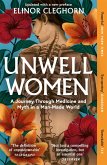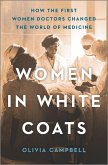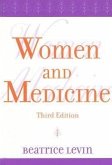"When the application for a new sedative called Kevadon--commonly known as thalidomide--landed on Frances Kelsey's desk at the FDA in 1960, it seemed destined to sail through the review process. The drug, billed as entirely risk-free, was already being sold in forty-six countries. But when Kelsey learned that the drug caused terrible birth defects, she and a team of dedicated doctors, parents, and journalists fought Merrell, the drug's American manufacturer, and Chemie-Gruenenthal, the German company founded by former Nazis that first synthesized the drug, to recall the product. It marked a rare victory in America's perennial battle between capitalism and consumer protection. Though Kelsey received a presidential medal and a LIFE magazine photo spread of European children missing limbs shocked American readers, an essential chapter laid buried for decades. Jennifer Vanderbes discovered that even though Frances Kelsey refused to approve Merrell's application to "sell" thalidomide in the United States, the drug firm, under the guise of clinical trials, had quietly sent millions of pills to doctors nationwide. Years before that, an additional drug company had asked doctors to test the drug on patients. The toxic sedative that was ostensibly "never sold" in America had, in fact, been distributed for five years, reaching tens of thousands of unwitting patients, including hundreds of pregnant women"--
Bitte wählen Sie Ihr Anliegen aus.
Rechnungen
Retourenschein anfordern
Bestellstatus
Storno








